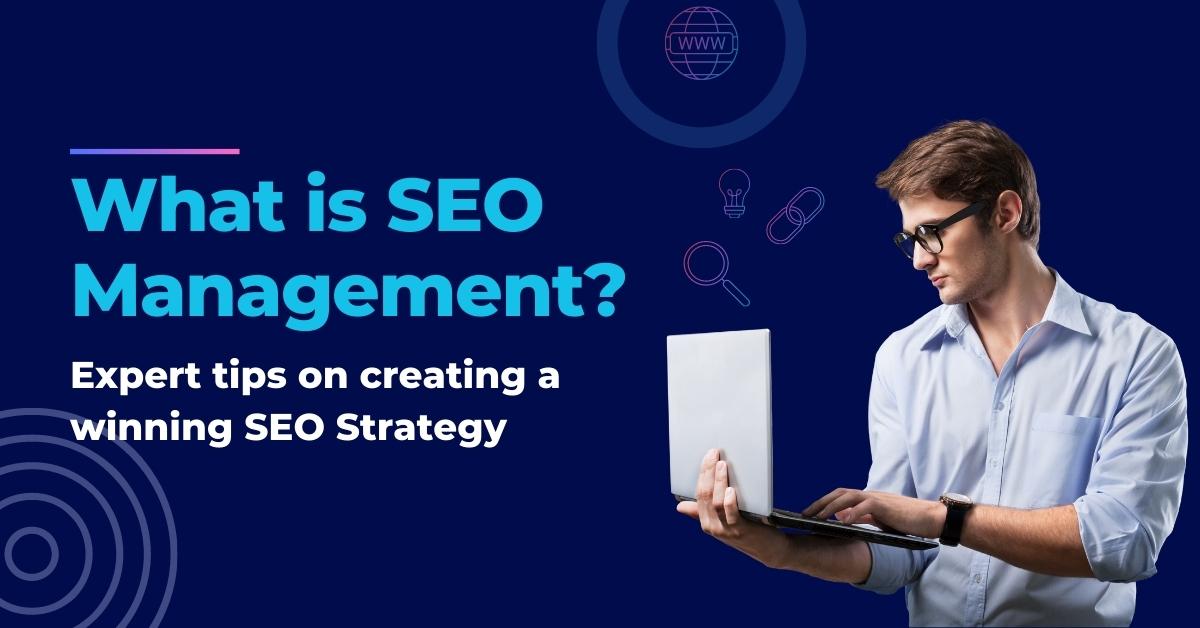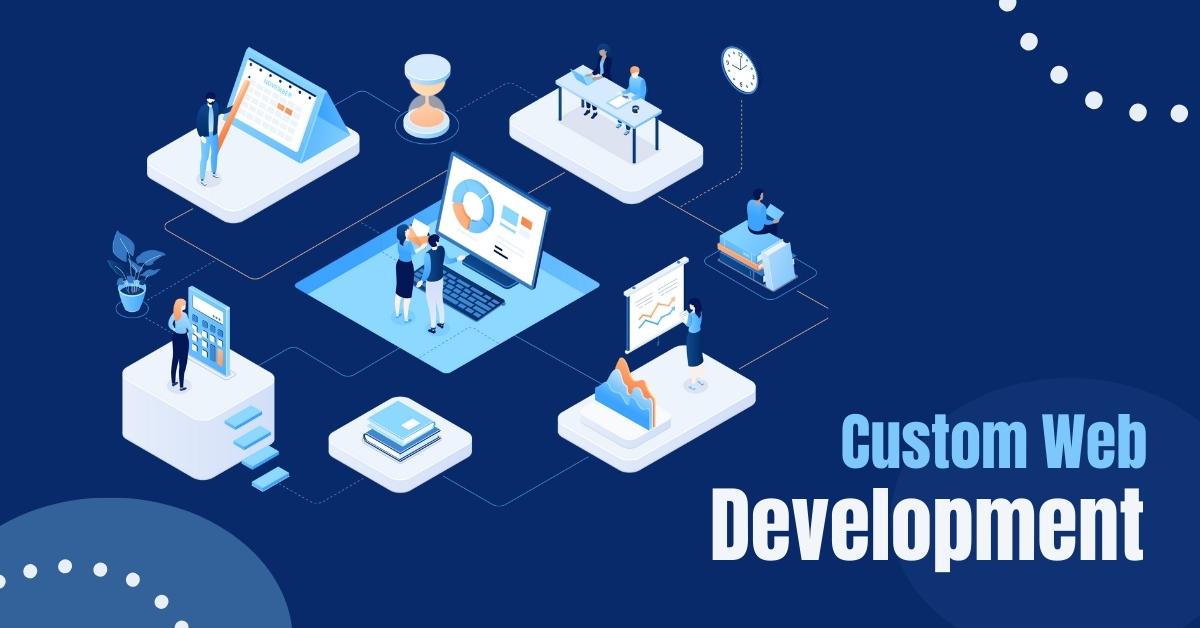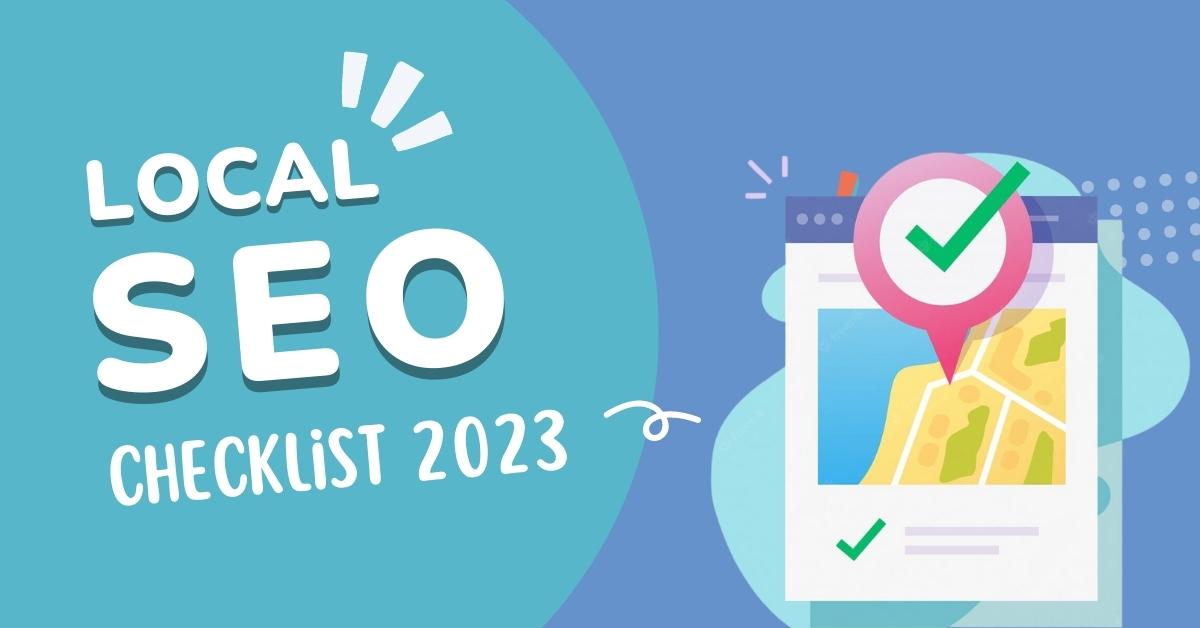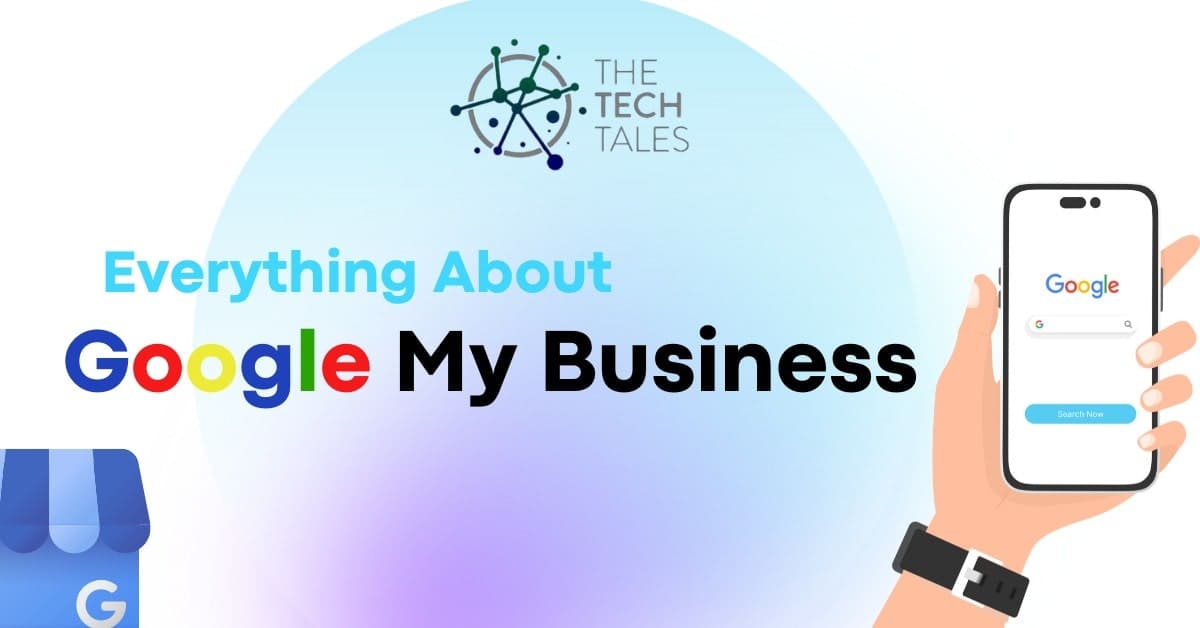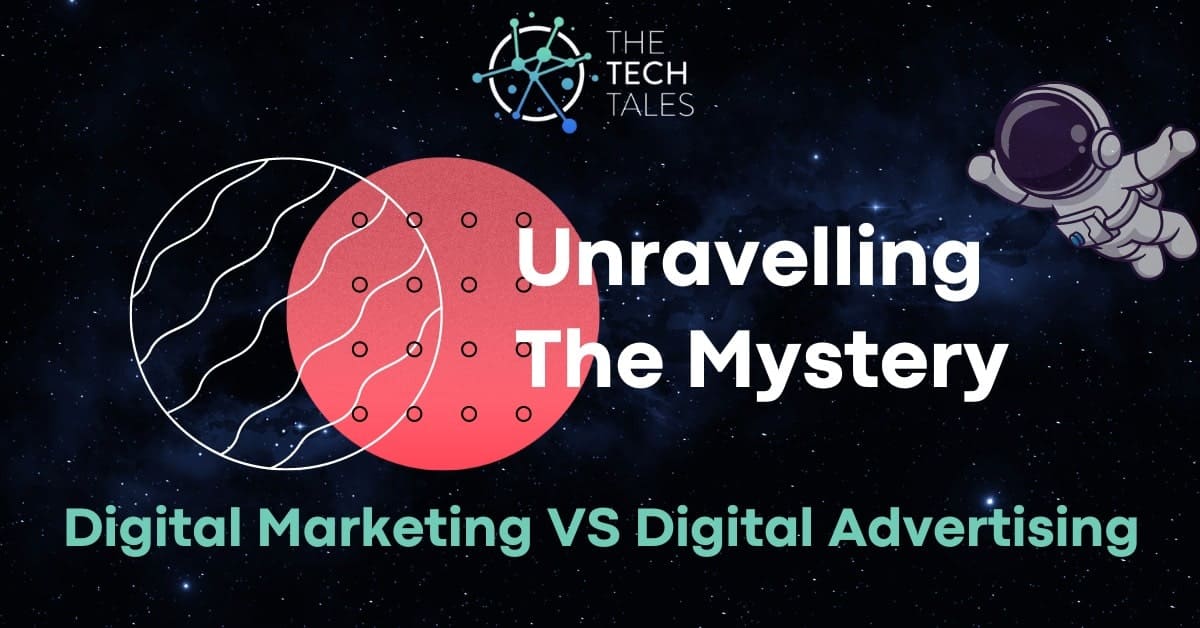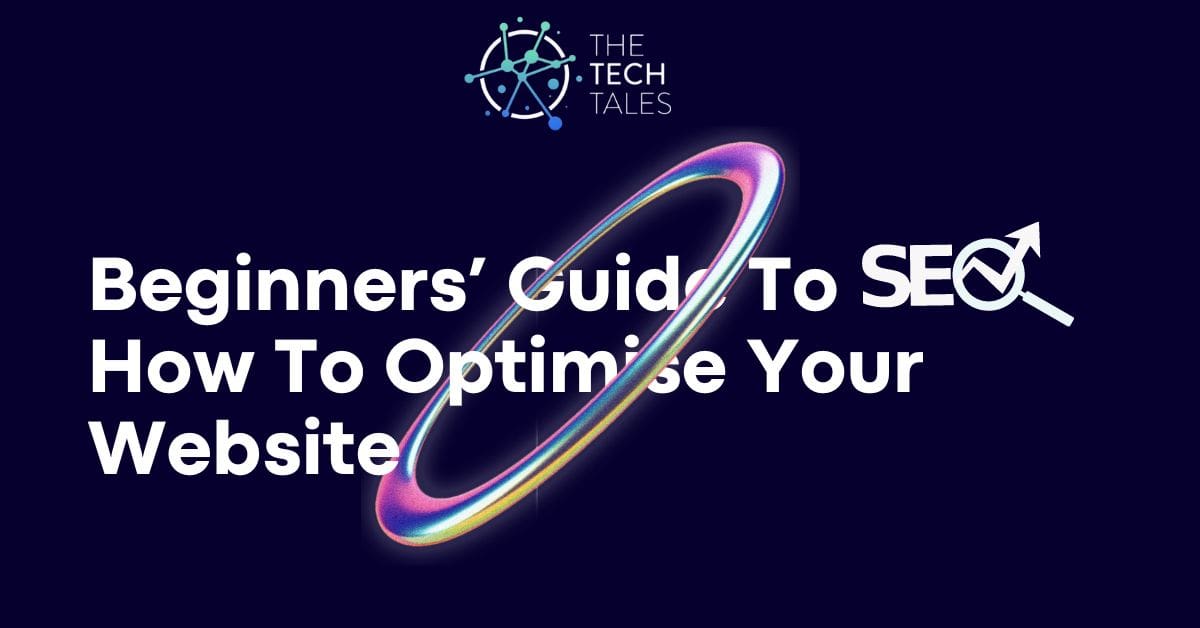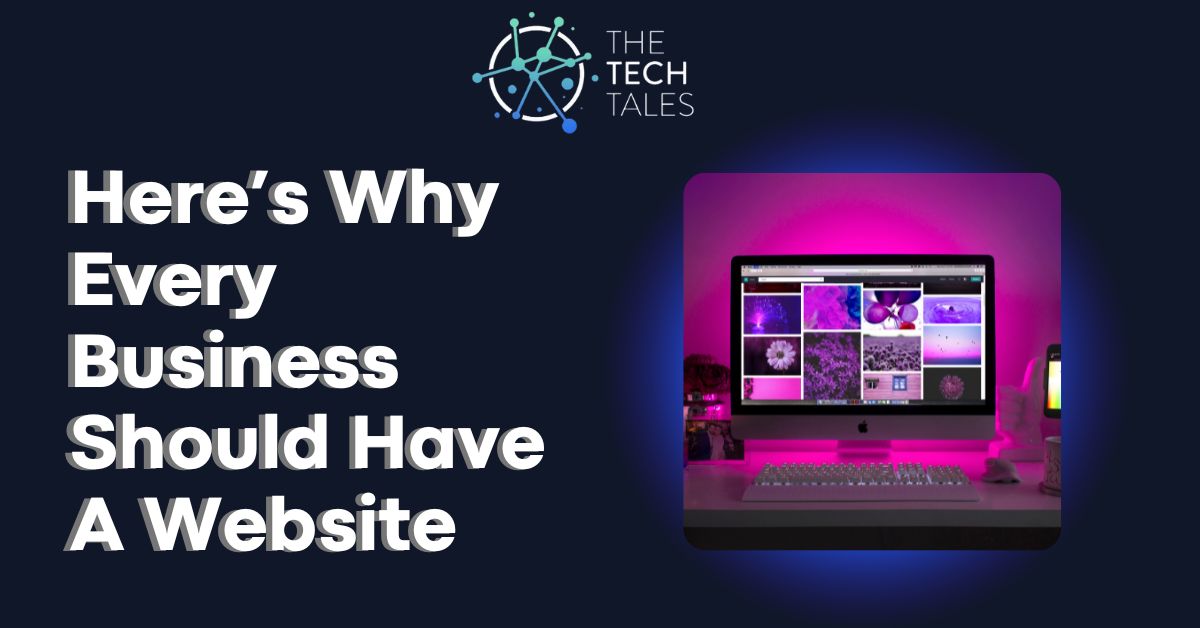Blogs
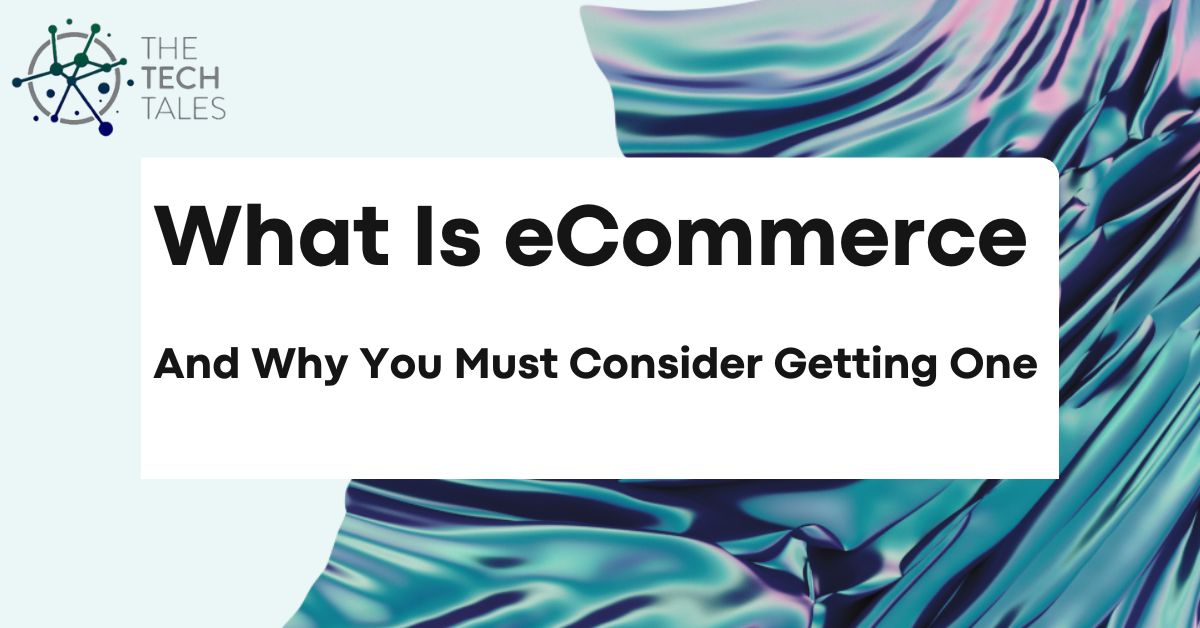
The eCommerce industry is highly competitive. If a business defines a strategy to drive sales, others must take quick action in order to sustain it. Hence, staying vigilant and ready to react in response to something is the key to thriving in retail.
Yet, everyone has their own way of doing business, so it is not possible to emulate pretty much everything that your competitors do. After all, you are no copycat.
We’d like to shed light on eCommerce, which is what this blog is about, and also on the fact that you need to get one for the sake of your business, and not because your rival businesses have it.
Have you ever come across customers who wanted to buy anything at the last minute, but you were already closed? Or do you recall that time when there was a little ruckus about the inventory and orders? Or maybe you wanted to collect feedback from satisfied customers, but they were too busy to leave a review?
The cases are endless. This calls for the more streamlined operations, productivity, and management that eCommerce website brings to the table.
Without further ado, we are going to discuss what eCommerce is, why eCommerce is important, and how to get one.
What is eCommerce?
eCommerce (or electronic commerce) is simply a system of online purchase and sale of goods and services. It includes a wide range of information, systems, and tools for online buyers and sellers, such as mobile shopping and online payment encryption.
The majority of businesses with an online presence use an online store and/or platform to manage eCommerce marketing and sales as well as logistics and fulfilment.
Global retail eCommerce sales will surpass $5 trillion for the first time in 2022, accounting for more than a fifth of total retail sales, according to eMarketer. Moreover, despite slowing growth, total spending will exceed $7 trillion by 2025.
What eCommerce Product To Sell
To run an eCommerce business, you must, of course, have something to sell.
Let’s look at three instances of things you may offer online:
Physical products
Consider apparel, home décor, groceries, beauty products, or electronic items – all of these are perfect instances of selling real things online.
Physical products are dealt with by B2C or D2C brands, however, some B2B suppliers also sell physical items.
Sell digital products
Digital products are a great choice to sell via eCommerce.
Digital products can be digital files, such as templates and tools, or they might be downloaded items, such as printable artwork, music, or infographics.
Services
Selling services requires providing a specialized service for a fee, such as freelance writing, influencer marketing, or online coaching.
Many service-based businesses are B2B, but several B2C firms, such as Fiverr, also provide online services.
Types of eCommerce website
Before diving straight into making eCommerce, take some time in knowing eCommerce business models. eCommerce website developers segregate eCommerce into seven types, depending on participating entities and the nature of the business.
1. B2C (Business-to-Consumer)
It refers to transactions between a company and a customer. In the context of eCommerce, B2C is one of the most prevalent sales models.
2. Business-to-Business (B2B) (B2B)
This includes sales conducted between businesses, such as between a manufacturer and a wholesaler or retailer. B2B does not include consumers and only occurs between corporations.
3. Direct-to-Consumer (C2C)
Consumer-to-customer eCommerce is one of the first forms of eCommerce, including the sale of goods or services between customers. eBay or Amazon are the best examples for this model.
4. Consumer-to-Consumer (D2C)
D2C ecommerce refers to a firm that sells products directly to the end customer rather than through a retailer, distributor, or wholesaler.
A subscription-based brand, such as Netflix, is a common example of D2C ecommerce.
5. Business-to-Business (C2B)
C2B flips the traditional retail model by allowing individual consumers to sell their goods or services to business purchasers.
iStock, an online store where stock images may be purchased directly from photographers, is an example of a C2B eCommerce firm.
6. Administration-to-Business (B2A)
B2A refers to transactions between online enterprises and government agencies. Products and services relating to legal documents, social security, and so forth are examples.
7. Consumer-to-Administration Communication (C2A).
C2A is comparable to B2A in that consumers sell goods or services to government officials. C2A can include online education consulting, online tax preparation, and other services.
When you decide which type of eCommerce suits you the most, you are required to choose from eCommerce platforms that convey the same. You can refer to types of eCommerce website development to gain more clarity.
Benefits of eCommerce
Ecommerce has many advantages, ranging from faster purchasing to the potential to reach enormous audiences 24 hours a day, seven days a week, and that is why custom ecommerce website development services are becoming increasingly important for any business.
- Customers can buy more quickly
Customers can shop from anywhere, at any time thanks to eCommerce.
An eCommerce website is functional beyond the operating hours of your business, generating sales even during off-business hours.
Plus, there is no more haggling. A person can either take or leave the deal.
- Businesses can quickly reach out to new clients.
Ecommerce also makes it simpler for businesses to reach out to new, worldwide customers. An online business is open and accessible to any and all customers in the world, despite geographical boundaries.
And with added social media advertising, email marketing, and SEO (search engine optimization), you can get large target audiences that are ready to buy.
- Reduced operational costs
eCommerce retailers can open stores with low operating costs because they do not need a physical storefront (or workers to staff it). Those that run a dropshipping firm can even reduce their initial investment costs.
As sales grow, brands can simply expand their operations without making huge property expenditures or recruiting large personnel, resulting in higher overall margins.
- Personalized encounters
You may provide highly personalised online experiences to your eCommerce customers with the help of automation and extensive customer profiles.
Displaying relevant products based on previous purchase behaviour, for example, might increase average order value (AOV) and make the buyer feel like you genuinely understand their specific wants.
- Access to new technologies
When it comes to innovation, you may discover that a physical store alone limits your options. However, as eCommerce website development grows, you will have access to cutting-edge technologies to help expedite your business processes.
With a plethora of apps and integrations at your disposal, you’ll be able to streamline workflows, execute your marketing strategy more effectively, and enhance the overall shopping experience.
Looking Forward: Future of eCommerce
Is eCommerce growing? Yes. eCommerce is here to stay, and we have facts to prove this. According to Statista, the revenue in eCommerce is estimated to expand at a 14.56% CAGR, culminating in a projected market volume of $1,365.00 billion by 2025 – proving that eCommerce is everything but a fleeting trend for businesses.
With the rise of omnichannel shopping experiences, digital buyers should expect to be able to research, explore, shop, and make purchases across several devices and commerce platforms.
Other ecommerce trends to look out for in the future include:
- Customer journeys that are robust and personalised
- Shopping using AI
- Recreational shopping
- Commerce on the go
- Payment through digital wallets and cryptocurrency
Overall, we must keep in mind that eCommerce is still relatively young in the context of retail. eCommerce is the future, and it has a lot of possibilities for businesses. But its success and long-term viability will mostly depend on customers’ choices.
Ready to get your eCommerce development started? Let us craft valuable experiences for your customers that turn into resounding sales for your business.
Sort By Categories
Blogs By Title
-
Google Search Generative Experience Displays Local Store InventoryGoogle Search Console Enhances User Experience with INP Core Web Vitals Identification
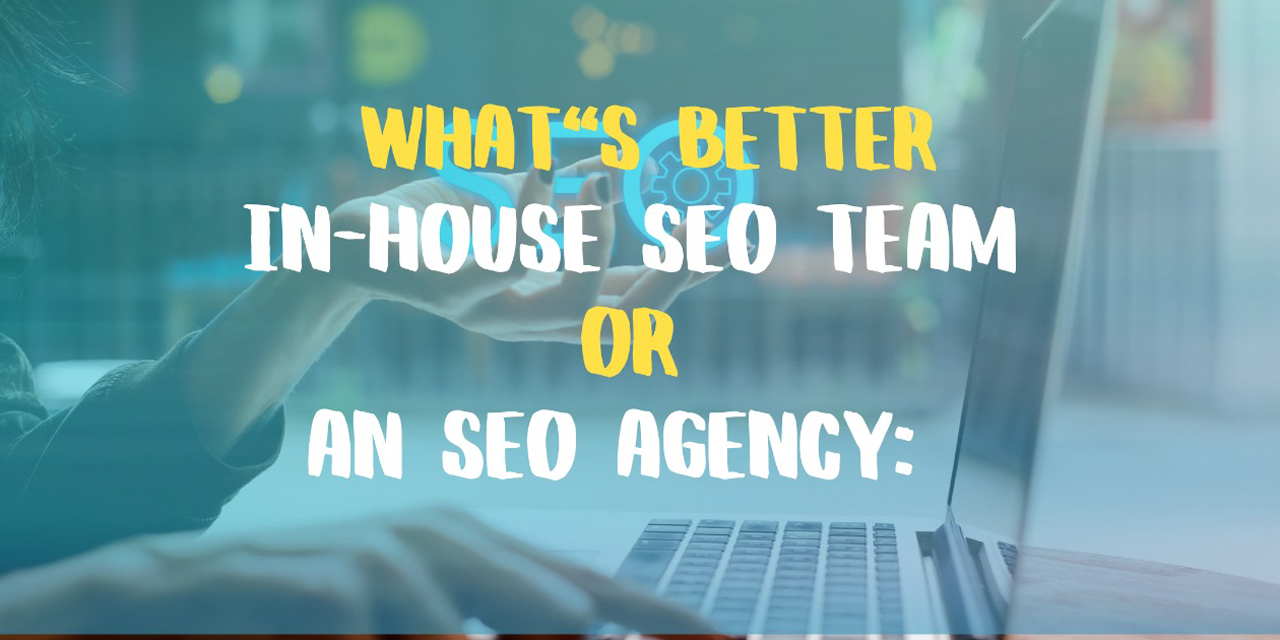 In-House SEO Team or an SEO Agency: What’s Better
In-House SEO Team or an SEO Agency: What’s Better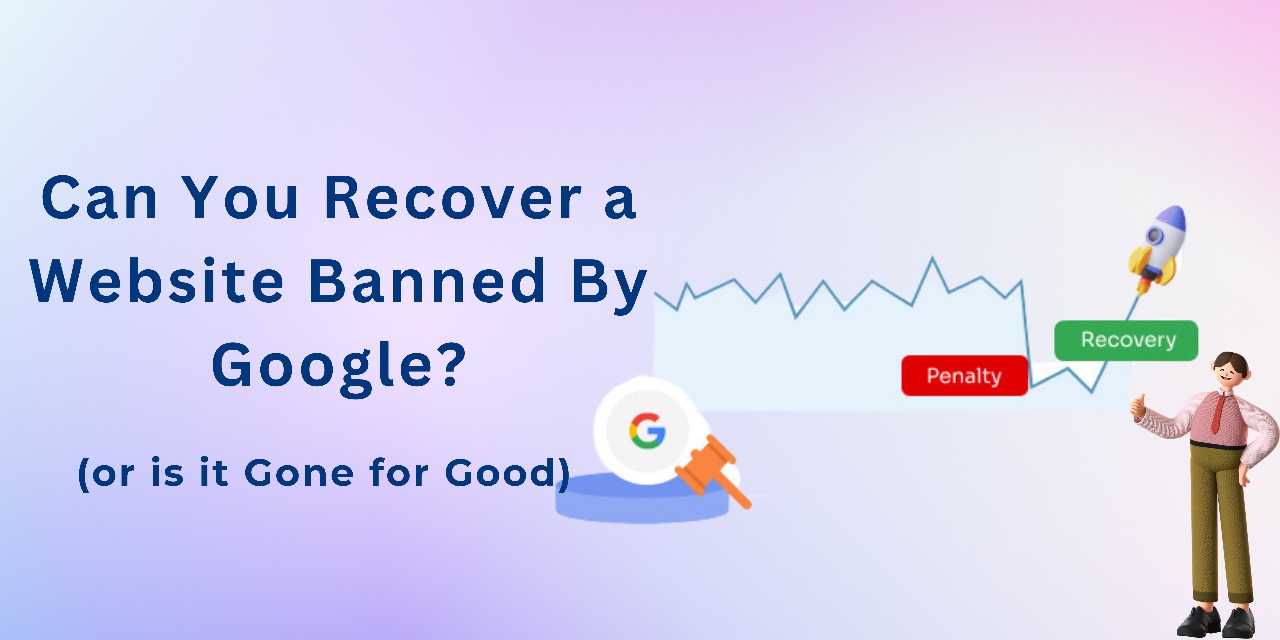 Can You Recover a Website Banned By Google? (or is it Gone for Good)
Can You Recover a Website Banned By Google? (or is it Gone for Good) How Colour Psychology Can Impact Your Web Conversions
How Colour Psychology Can Impact Your Web Conversions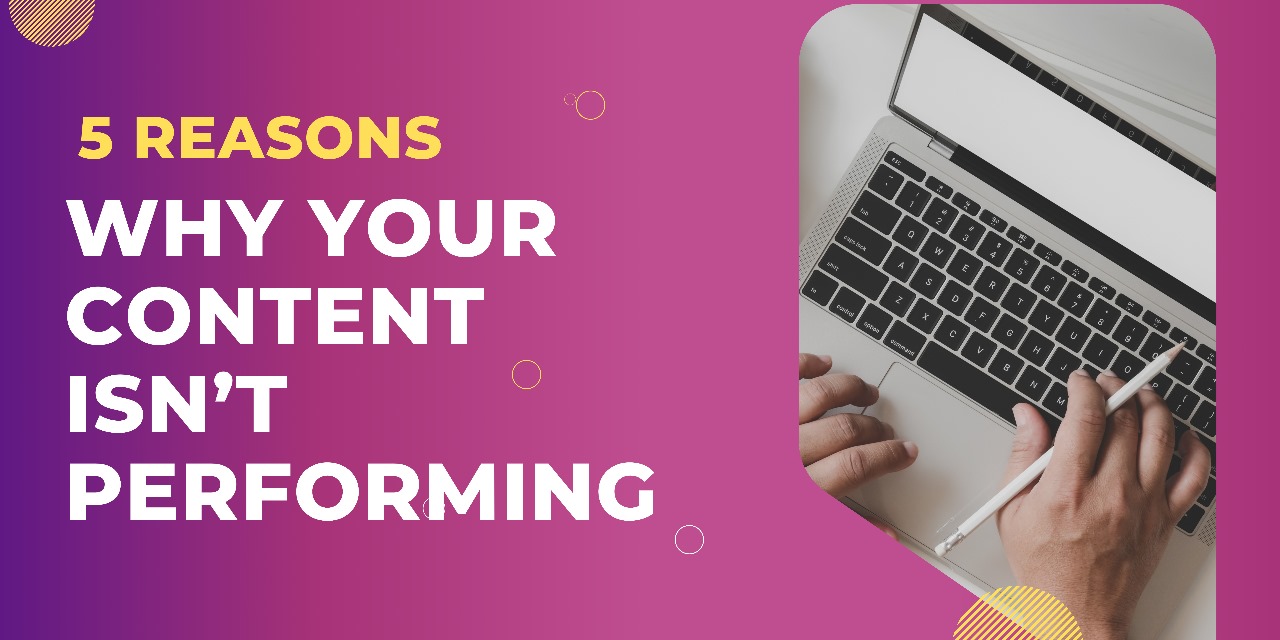 5 Reasons Why Your Content Isn’t Performing
5 Reasons Why Your Content Isn’t Performing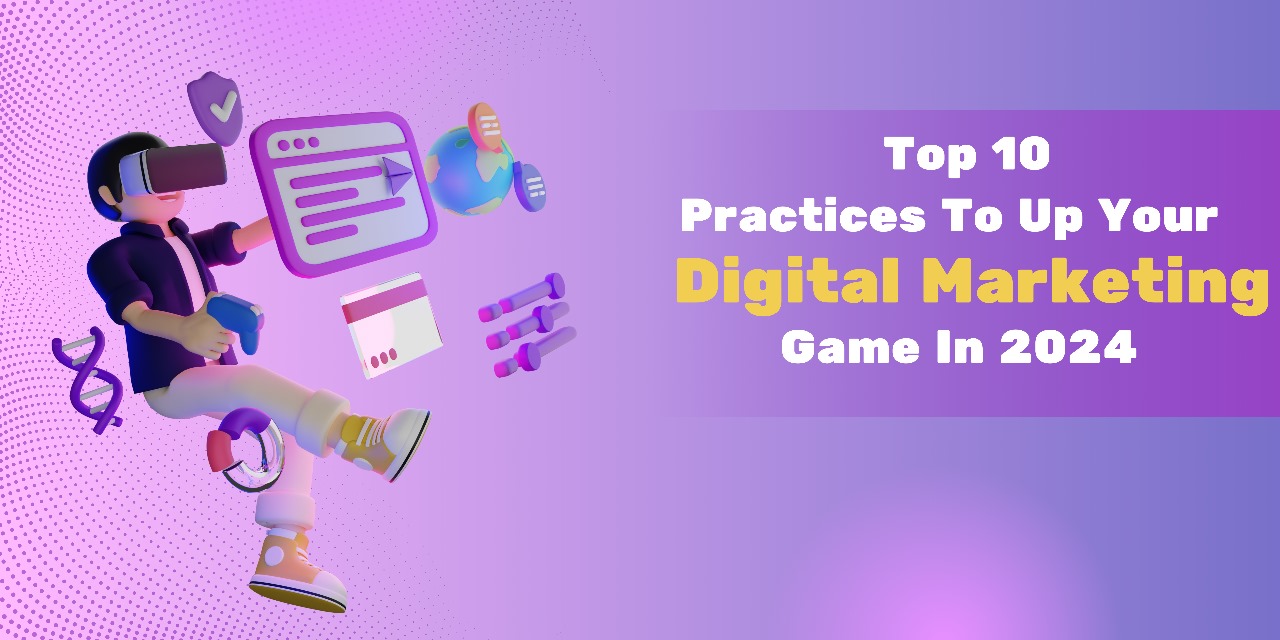 Top 10 Practices To Up Your Digital Marketing Game In 2024
Top 10 Practices To Up Your Digital Marketing Game In 2024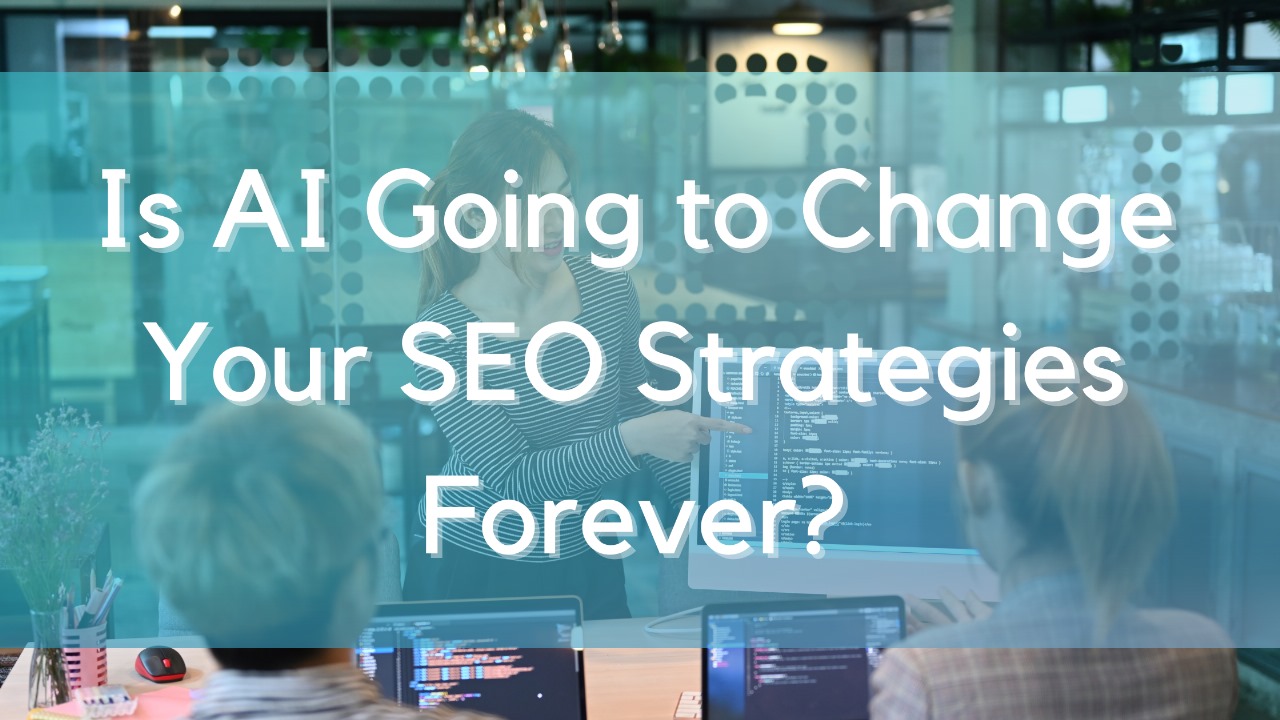 Is AI Going to Change Your SEO Strategies Forever?
Is AI Going to Change Your SEO Strategies Forever?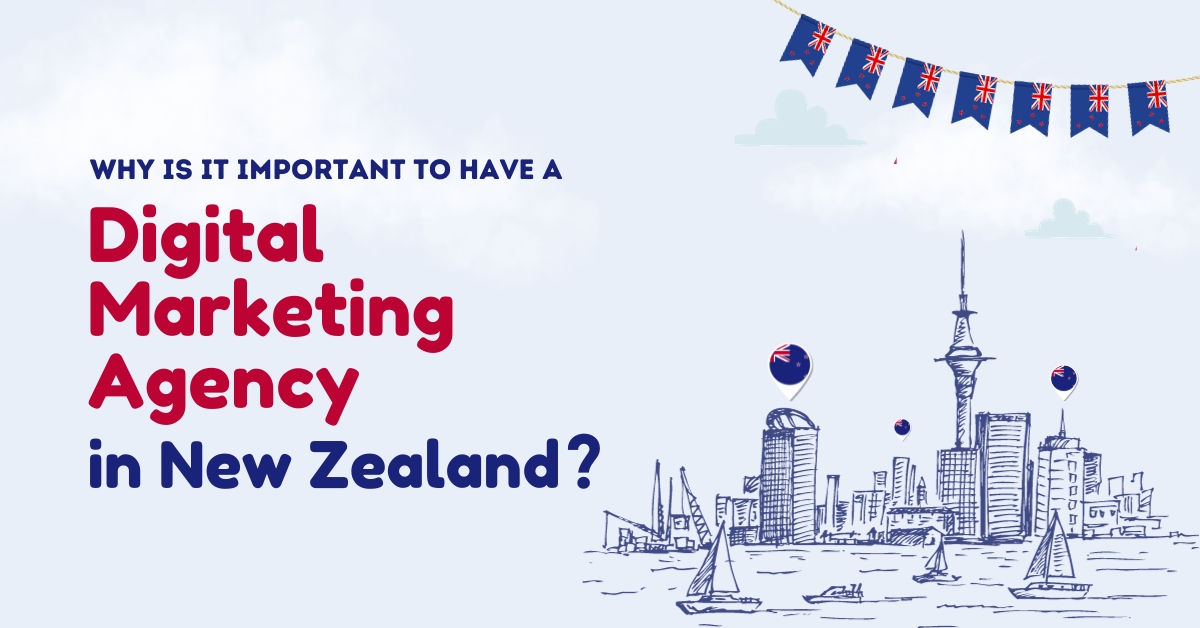 Why Is It Important To Have A Digital marketing agency in NZ?
Why Is It Important To Have A Digital marketing agency in NZ? How To Pick The Best Web Design Company In New Zealand
How To Pick The Best Web Design Company In New Zealand How Do I Find A Good PPC Agency In New Zealand?
How Do I Find A Good PPC Agency In New Zealand?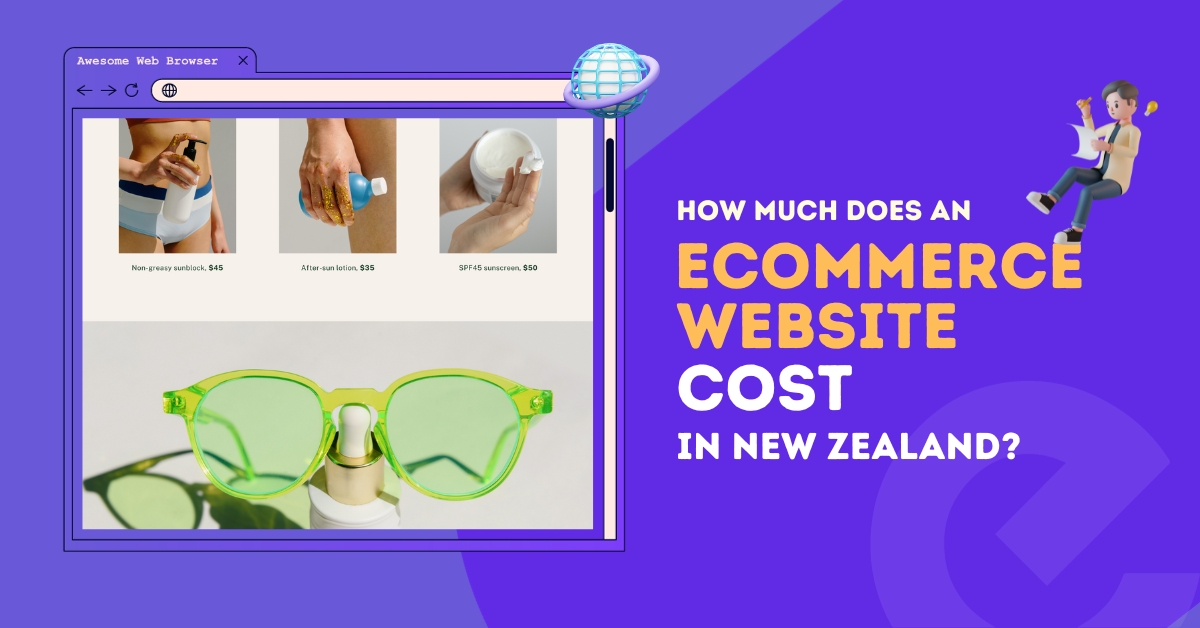 How Much Does An E-Commerce Website Cost In New Zealand?
How Much Does An E-Commerce Website Cost In New Zealand? Why Make Your Website SEO Friendly?
Why Make Your Website SEO Friendly?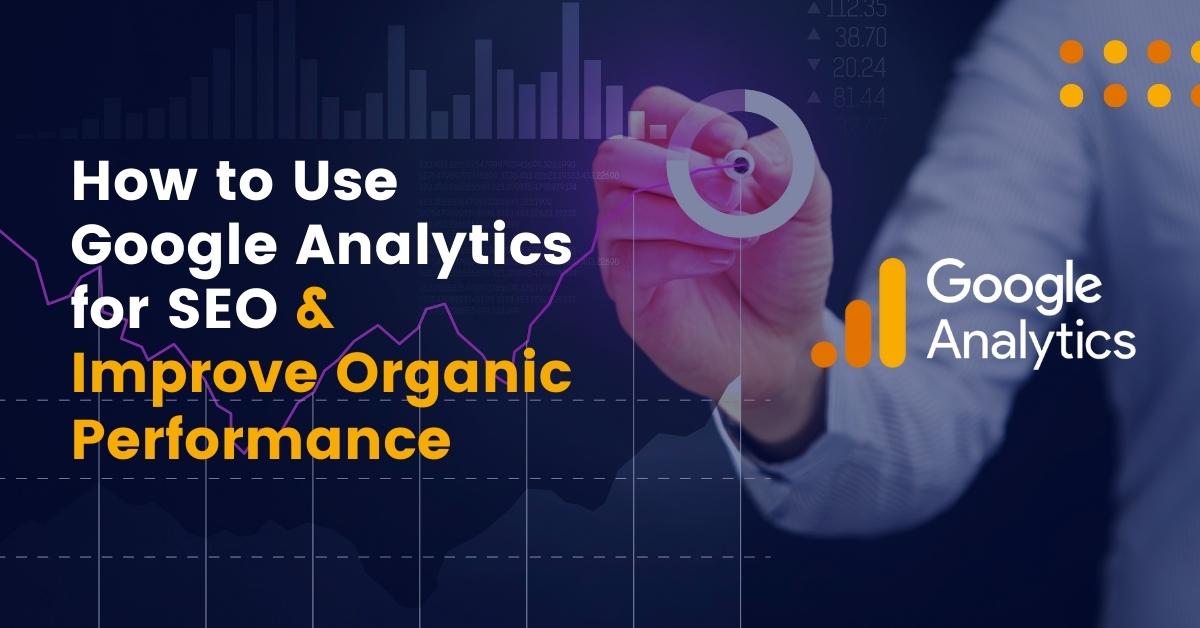 How to Use Google Analytics 4 for SEO & Improve Organic Performance
How to Use Google Analytics 4 for SEO & Improve Organic Performance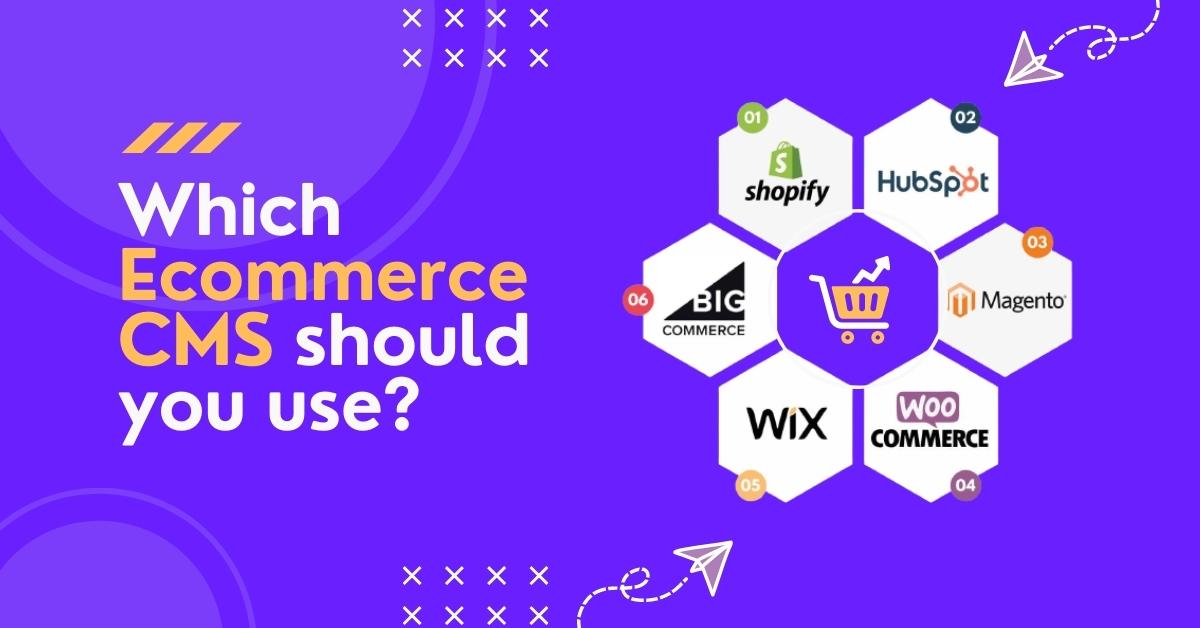 Which Ecommerce CMS should you use ?
Which Ecommerce CMS should you use ?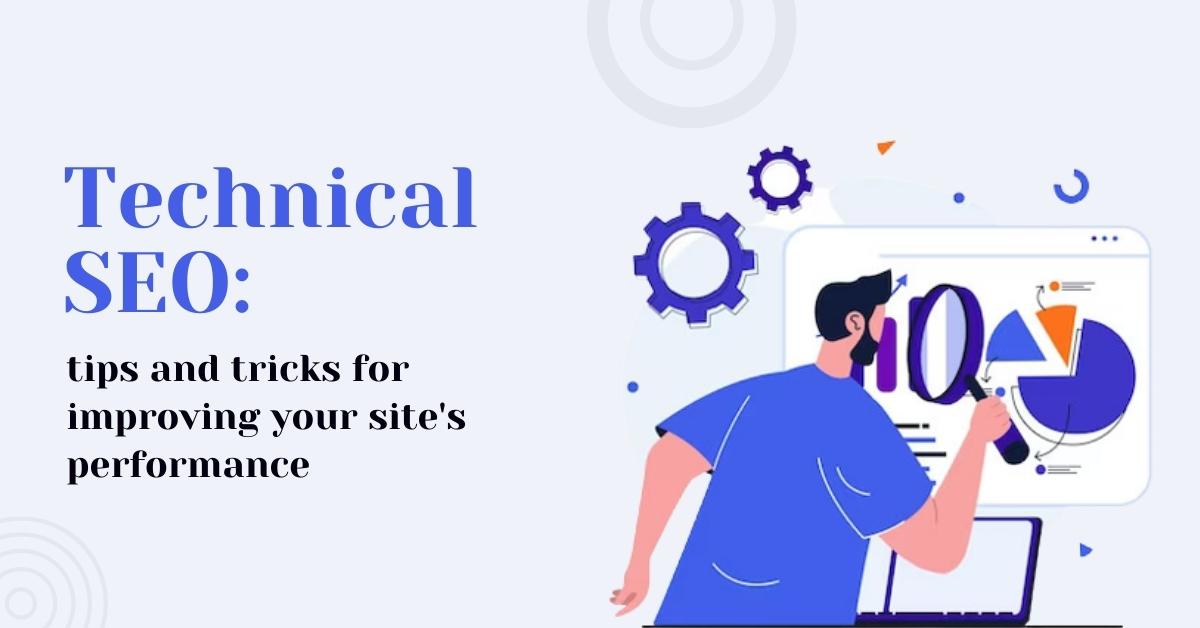 Technical SEO: Tips and Tricks for Improving Your Site’s Performance
Technical SEO: Tips and Tricks for Improving Your Site’s Performance